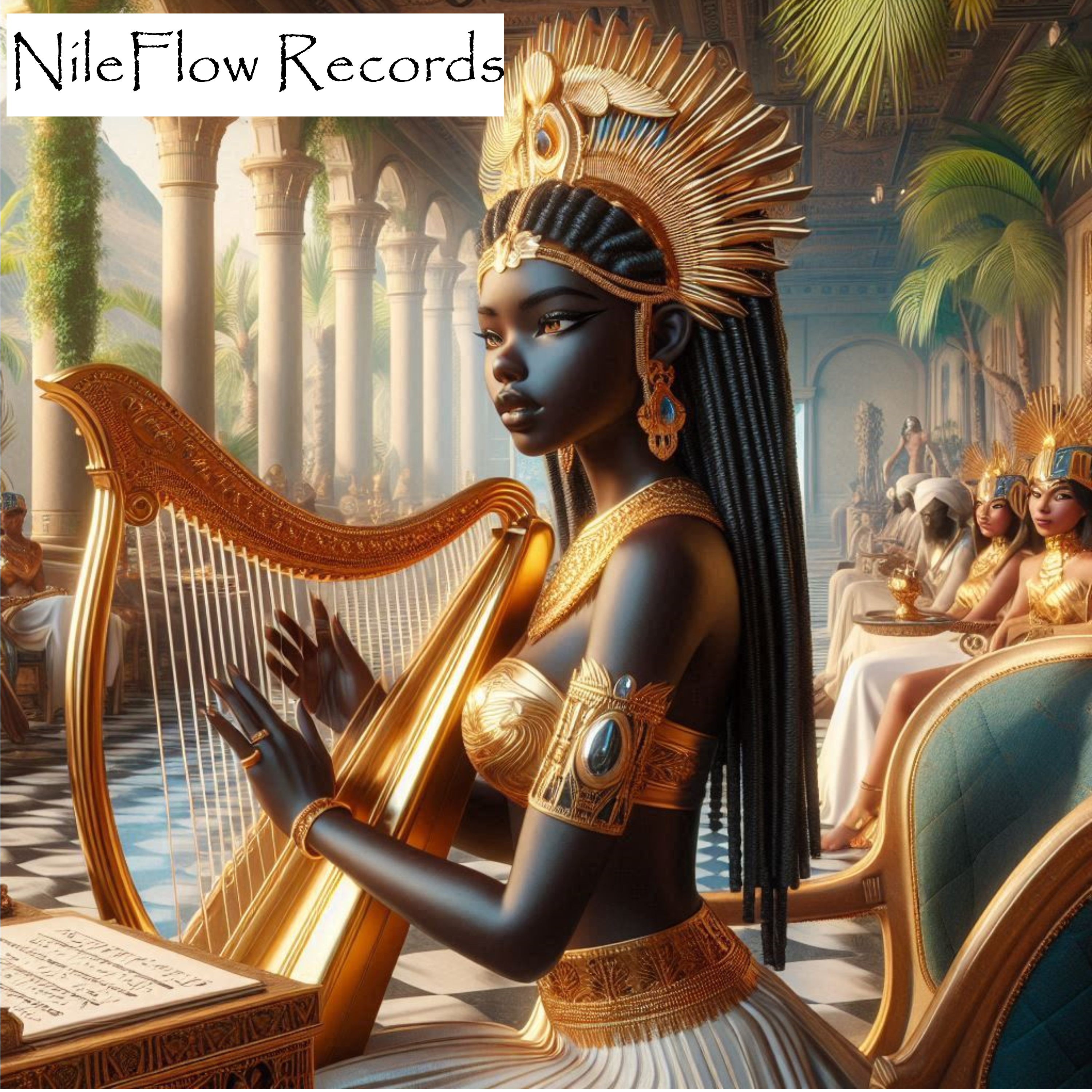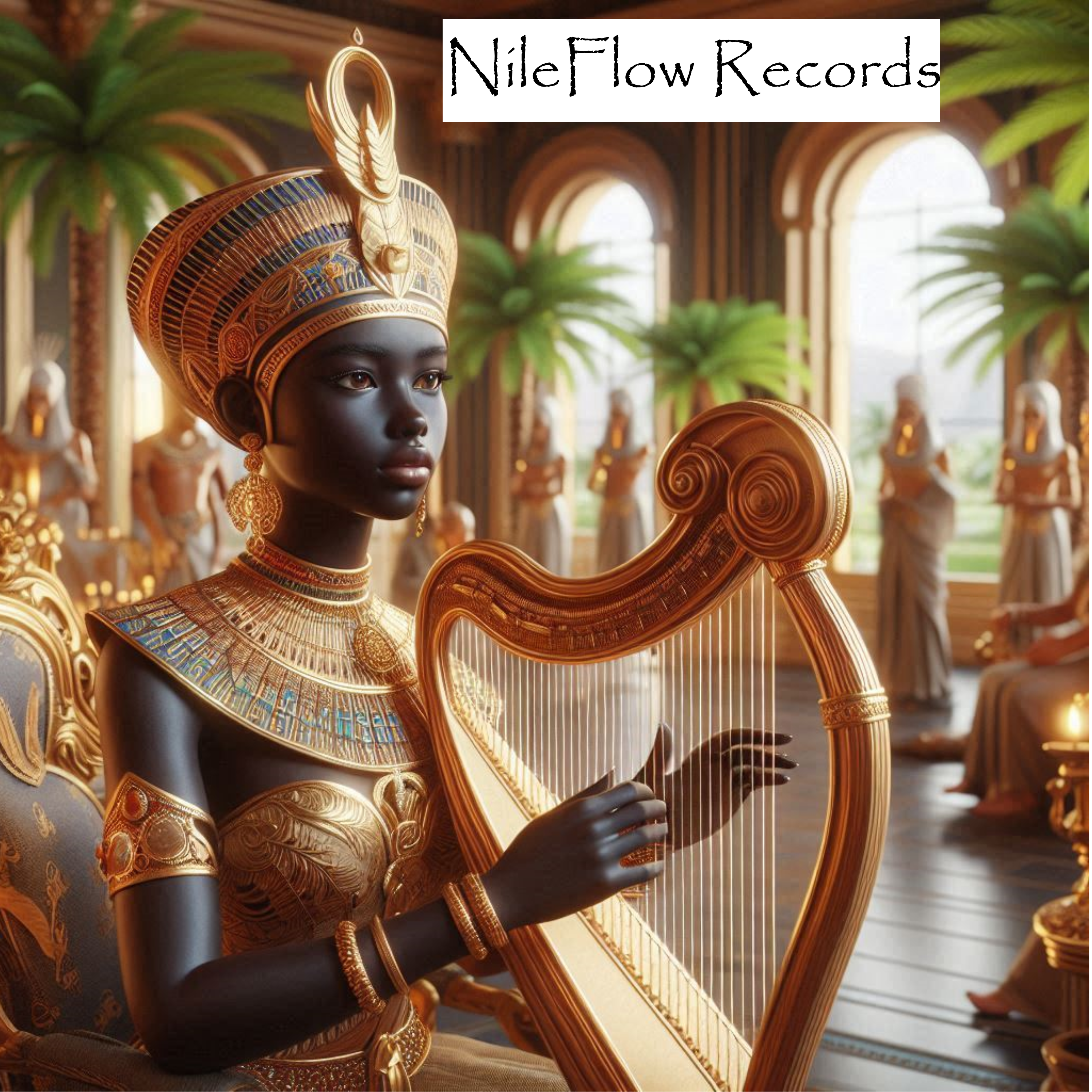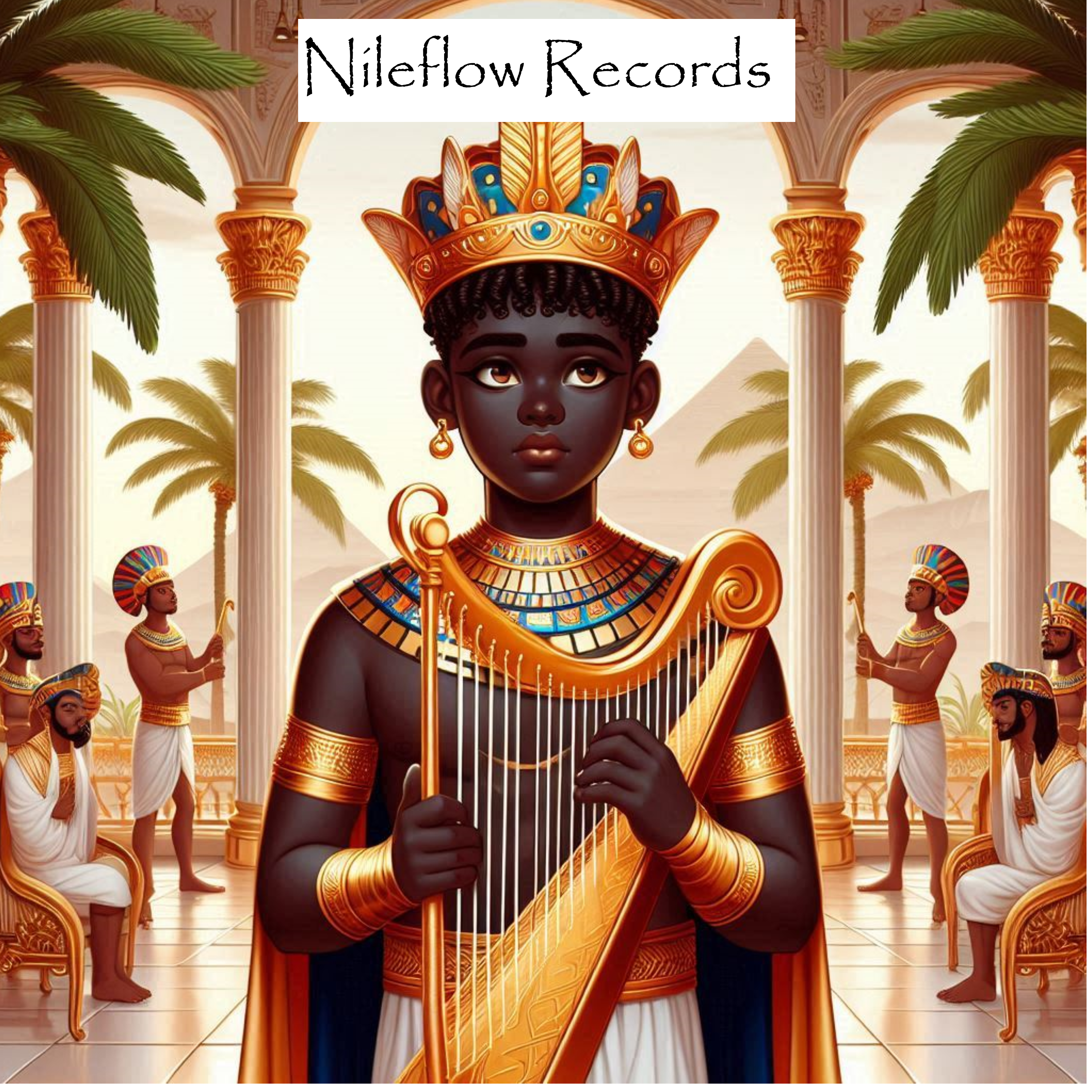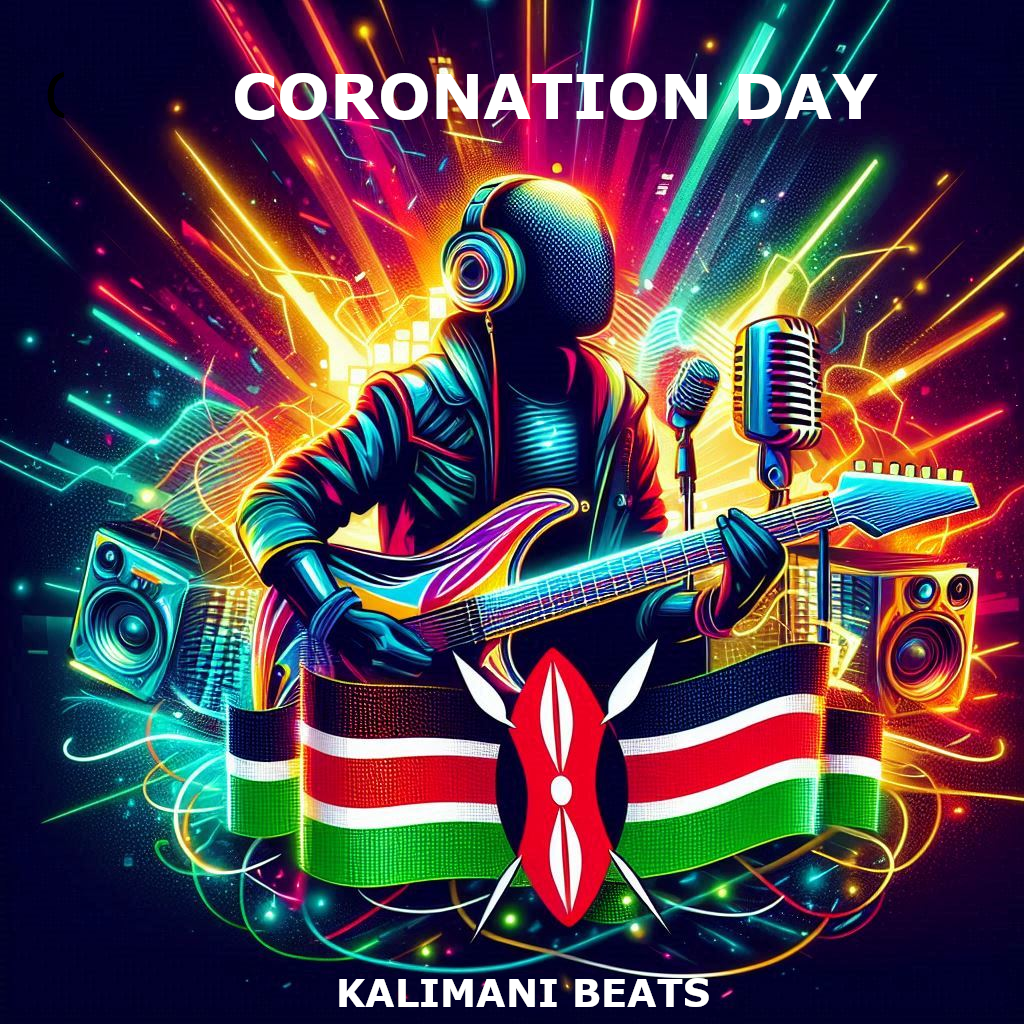The Afrobeat genre emerged around the 1960s and 1970s. Its prominence in Nigeria is credited to eclectic musician Fela Kuti. Afrobeat combines traditional African rhythms with jazz, funk, and highlife. It is deeply rooted in African tradition and is a platform for social and political expression, addressing issues like colonialism, corruption, and inequality. Western African traditional rhythms and indigenous instruments like the djembe and shekere provided Afrobeat with its complex rhythms. Modern elements were introduced through colonial cultural exchanges and African migration, creating more worldly sounds that amalgamate European and American genres.
Although Fela Kuti is regarded as the pioneer of Afrobeat. The name Afrobeat is credited to him. He assimilated traditional Yoruba music with jazz, funk, and highlife. His lyrics had political undertones, and his eclectic performances made him a cultural icon. Other notable mentions in Afrobeat include King Sunny Ade, who made juju music popular, I.K. Dairo, a pioneer of high life, and Rex Lawson. In Ghana, there was E.T. Mensah, known as the "King of Highlife," and African-American jazz pianist Randy Weston, who assimilated African rhythms into his music.
Afrobeat's defining features are the fusion of musical styles characterized by energetic bass arrangements, layered rhythms, and extended song structures. The musical appeal of Afrobeat is that its rhythms are unique, stimulating, and captivating. Most of the songs are lively, rhythmic, and unapologetically political. Afrobeat is essentially a compelling mix of African musical traditions, jazz, funk, and highlife.
Artists such as Burna Boy, Wizkid, and Tiwa Savage have revolutionized the genre by combining it with pop, dancehall, and hip-hop, transforming it into a global sensation. Although contemporary Afrobeat still retains its socio-political roots that address themes of identity, inequality, and resilience, a majority of Afrobeat artists’ music is centered on extravagant lifestyles, nonstop partying, gangster personas, and drugs.
Some exceptions include Burna Boy's “Monsters You Made,” which critiques systemic oppression and marginalization; Falz’s “This Is Nigeria” a sarcastic interpretation of the prevalent exploitation, law enforcement violence, and the general socio-political matters affecting Nigerians; and Seun Kuti, the youngest son of Afrobeat creator Fela Kuti artistry centers on addressing the subjects of African identity, political activism, and social justice.
Afrobeat has gone beyond borders; its growing worldwide popularity is influencing many artists across various genres. Streaming platforms and social media have played an important role in increasing Afrobeat's international influence. Also, Afrobeat festivals have provided platforms for both established and emerging artists. Afrobeats has climbed to remarkable heights, driven by the exceptional talent of its musicians, strategic partnerships, and a powerful blend of culture and technology. Emerging markets can draw inspiration from their journey, learning how to intertwine cultural heritage with commerce.
The global recognition of Afrobeat shows that culture itself is a powerful economic force. It has generated employment in music production, promotion, and live performances. With the continent's youthful population and increasing access to technology, culture can fuel economic growth across Africa. Contrast this with K-pop, which benefits from a strong infrastructure and government funding in South Korea. Afrobeat is confronted by difficulties such as inadequate investment in music infrastructure and production facilities across Africa.
Although Afrobeats has gained substantial traction, it still lags behind K-pop in terms of international market share and income creation. K-pop has propelled South Korea's music exports to extraordinary pinnacles, while Afrobeat is still constructing its commercial imprint. The Afrobeat's growth is dependent on dependable financing in artist development, marketing, and international collaborations.
Deprived of these fundamentals, Afrobeat will find it difficult to sustain its global momentum. Also, Afrobeat artists have to choose between maintaining authenticity and transforming to attract international audiences. There’s every chance that over-commercialization could water down its fundamental nature like it did in Hip-hop and Rap.
Additionally, African audiences have limited engagement due to limited internet access and high data costs in many African countries restricting streaming activity, negatively impacting artists’ income and livelihoods. Moreover, the revenue-sharing model of streaming platforms often favors major record labels, leaving independent African artists with a small fraction of earnings. Global audiences and platform algorithms may favor commercially viable tracks, overshadowing the diversity of African music traditions.
References
Afriklens. (2024, October 23). Afrobeat Music: The Origins and Evolution.
Ahmed, F. Z. (2025, January 1). The Globalization of African Music through Streaming Platforms
Business Insider. (2024, January 18). How Afrobeats Sparks Economic Transformation In Africa.
IQ Magazine. (2025, March 2). The Beats Grow Louder: The Rise Of Afrobeats.
Peters, I. (2024, April 5). Afrobeat Goes Global: A Game-Changer For Local Markets. African Leadership Magazine.



